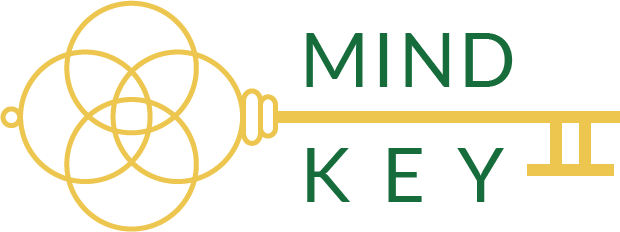
The Yin and Yang of Masculine and Feminine
By Penelope Rodriguez, WPUNJ student writer
According to the Ancient History Encyclopedia, there are two complementary principles of Chinese philosophy, those of Yin and Yang. They examine the principles that all things exist as inseparable and contradictory opposites. Examples, provided by Dictionary.com, show that Yin Yang can vary from hot-cold, high-low, female-male, and positive-negative.
Dictionary.com also defines Yin and Yang separately, stating that Yin is “negative, dark and feminine,” and Yang is, “positive, bright and masculine.”
The interaction between Yin and Yang is thought to maintain the synchronization of the universe and to inspire everything within it. Yin and yang has fundamental philosophies behind history, culture, religion, government and business. There are plenty of differences between females and males through the principles of Yin and Yang.
Yin and yang create a perfect balance, the concept of duality. In a Chinese Cultural Study , women have yin energy while men are considered to be more yang. Women are sweet, weak, and are a positive force of preservation of life. Men are dominating, aggressive and protective towards their yin.
The website, Human Sexuality in the Chinese Culture states that China’s gender roles face challenging views leaving women at home while men were able to have a sense of freedom. Since women were obedient to their fathers, the “man of the house,” it continued as tradition to also obey husbands. Similar to other cultures, this article from Human Sexuality in the Chinese Culture, explains that women at young ages are married young: They are expected to cook, clean, and provide for their husbands.
Women as Yin
In this article in the Internet Encyclopedia of Philosophy, Ban Zhao (45-120 C.E.), author of Nüjie (Admonitions for Women), is quoted as believing that, “women should be conservative, humble, and quiet in expressing ritual or filial propriety as their virtue.”
In the same way, a woman’s speech should not be “flowery” or persuasive, but yielding and circumspect. Ban Zhao also implied that women should pay close attention to her appearance. A woman “must” be clean and proper, and act especially carefully around guests and in public. Her work consists mainly in household practicalities, such as weaving and food preparation.
As tradition expands over the years, countries attempt to modernize their traditions. Traditions for women of being stay at home wives are decreasing. Women are marrying later, getting an education, and working in the labor force. China is one of the most populous countries. According to catalyst.org, 48.6% of China’s population are composed of women, 72% of those that are mothers are working, 50% are enrolled at secondary schools, 64% work in the labor force. Women are now contributing to the household income being viewed equally to men.
Men as Yang
Under the yin and yang perspective, being a man in China comes with a lot of baggage. As head of the household, men are expected to control every aspect of their family’s life.
Tania Branigan, lead writer and China correspondent for the Guardian, writes that in many cases, they are also responsible for maintaining their family’s blood line. Husbands being the yang means that they are dominant, insistent and responsible for taking care of yin. Men carry the family name and are more respected. Because of this, males have to assure that their child is birthed male.
International Business Times writer, Michelle Florcruz, reported that in China, there are schools in which boys and girls spend 30 minutes developing their masculine traits. Boys play with pint-size versions of sports equipment, like baseballs, golf clubs, race cars and bows and arrows.
Although yin and yang are a natural occurring balance within the Chinese culture, it must not be taken to the extreme to say that men and women are equal. Yes, they create harmony and balance but their roles cannot determine gender equality within the culture. Their “balance” is women are to implement to clean, cook, and other duties while men provide, sexually and physically.
China today…
According to authors Lijuan Shen and Paul D’Ambrosio, on Gender in Chinese Philosophy, the traditional views of yin and yang still exist in China. The importance of the family name is encouraged to continue within generations. Men are expected to improve masculinity and dominance while women are expected to remain at home.
Kristen D’ Alba, a student from Georgetown University, says in her blogged experience in China on Study abroad that the Chinese society is typically viewed from a Confucian perspective; formal social control is not nearly as important as strong individual moral virtue—dominated by men.
As time endures in the Chinese society, yin-females are doing what is necessary to become at the level of yang-men. Yin carries within itself budding yang and yang carries budding yin. Women are working and making a contribution towards household income in hopes of being equal to men. And men are responsible for dominance and showing love, compassion, and protection towards their yin.



 The exchange of yin and yang between a man and a woman is a powerful thing. Image by Kerstin Zettmar
The exchange of yin and yang between a man and a woman is a powerful thing. Image by Kerstin Zettmar  The exchange of yin and yang between a man and a woman is a powerful thing. Image by Kerstin Zettmar
The exchange of yin and yang between a man and a woman is a powerful thing. Image by Kerstin Zettmar